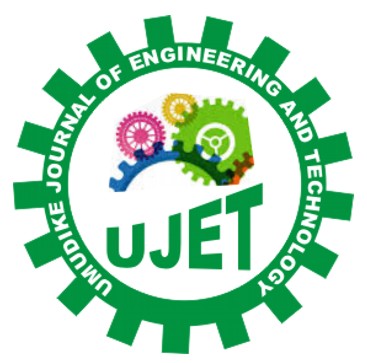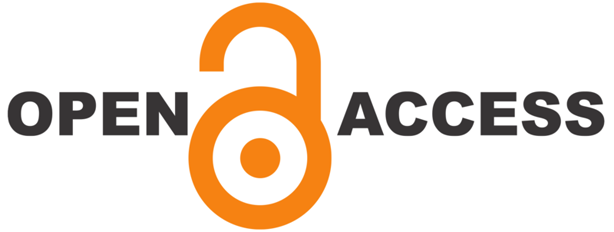|
Iragbonse, E. E.
Federal College of Agriculture P. M. B. 7008, Ishiagu, Ebonyi State, Nigeria
ABSTRACT
Information and Communication Technologies (ICT) introduced in the second half of the last century have shaped substantially the mode of peoples’ interaction, business process, entertainment and learning. ICT are encouraging globalization, exchange of information and the proliferation of cyber space. The benefits of using these technologies are immense and they are here to stay. Today, Information and Communication Technology (ICT) acquisition and implementation are facing a lot of problems. Considering the enormous benefits that are experienced in the impact of ICT in Nigerian Security the nation still experience some obstacles or hindrances in the effective and efficient use of the ICT resources in combating crime. This includes: the problem of insufficient data, due to lack of strategic use of ICT as resources tools in combating crime. Secondly, inadequate government funding of the security agencies leading to lack of relevant materials and equipment needed in cyber threat combating. Additionally, the lacks of competent ICT personnel or technical team engaged in such critical and sensitive operations seem to be another threat to the security or crime combat mission. The Federal Government of Nigeria should provide the necesssary resources, funding, legislations, human capital training and education through institutions and governmental agencies for the security of lives, infrastructure, institutions and governance and Individuals, organizations, communities and the International Communities should work together via ICT-enabled platforms as an integrative function for peacful co-existence and national security.
Keywords:
|
View: 375 | Download: 0
Conference Code
IECON2019
Conference Title
ENGINEERING FOR SUSTAINABLE ECONOMIC DIVERSIFICATION, FOOD AND NATIONAL SECURITY
ISBN
978-978-53175-8-9
Date Published
Friday, September 20, 2019
Conference Date
2nd - 4th September, 2019
The contents of the articles are the sole opinion of the author(s) and not of UJET.
|


